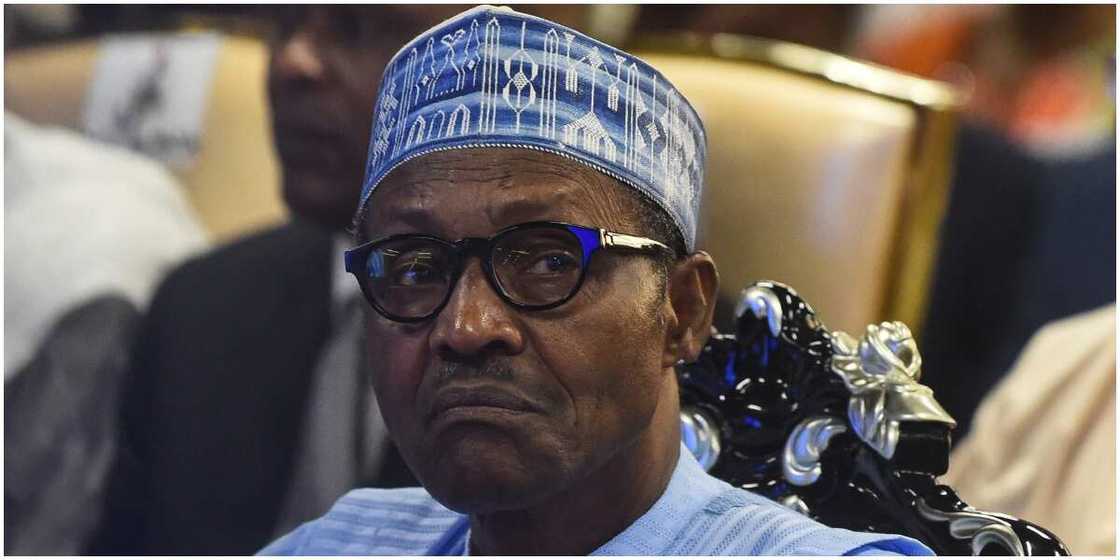Nigeria's Total Debt Now N32.91trillion as Government Raises Borrowing Again
- The Debt Management Office says Nigeria's public debt rose to N32.91 trillion as of last year
-Nigeria had been steadily reducing its borrowing in the past three years before the COVID-19 struck the economy
- Nigeria's new domestic borrowing is N2.3 trillion. this is aside from the $3.34 billion borrowed from IMF and other multilateral and bilateral lenders
PAY ATTENTION: Сheck out news that is picked exactly for YOU ➡️ click on “Recommended for you” and enjoy!
Nigeria now owes N32.915 trillion public debt as of December 31, 2020, this is according to the Debt Management Office (DMO). The debt includes the federal and state governments, as well as, the Federal Capital Territory.
DMO stated that the federal government has been trying to reduce the level of borrowing in order to be able to sustain the debt, reason borrowing to finance budget deficits has been on a decline.
In a statement released by the debt office, it was stated that it declined from N2.36 trillion in 2017 to N2.01 trillion in 2018, N1.61 trillion in 2019, and N1.59 trillion in the first 2020 Appropriation Act.
The Nigerian government, however, increased its borrowing again due to the impact of the COVID-19 pandemic on the country's economy, DMO said:
"This trend was reversed in 2020 due to the economic and social impact of the COVID-19 Pandemic as New Borrowing in the revised 2020 Appropriation Act was N4.20 Trillion."
PAY ATTENTION: Share your outstanding story with our editors! Please reach us through info@corp.legit.ng!
DMO said Nigeria followed the path of many countries including the advanced countries, as the pandemic also compelled them to increase their level of borrowing.

Source: Getty Images
Key points from the DMO statement
PAY ATTENTION: Subscribe to Digital Talk newsletter to receive must-know business stories and succeed BIG!
- Apart from the new domestic borrowing of N2.3 trillion, the other New Borrowings were concessional Loans from the International Monetary Fund ($3.34 billion) and other multilateral and bilateral lenders.
- This incremental borrowing is to finance the 2020 Budget and the additional issuance of promissory notes to settle some arrears of the government contributed to the increase in Public Debt Stock.
- New domestic borrowings by state governments also contributed to the growth in the public debt stock.
- Total Public Debt to Gross Domestic Product as of December 31, 2020, was 21.61% which is within Nigeria’s new Limit of 40%.
- The various initiatives of the Government to increase revenues such as the Strategic Revenue Growth Initiative and the Finance Act, 2020, should help shore up Government’s revenue and reduce the Debt Service to Revenue Ratio.
Meanwhile, Legit.ng had earlier reported that Nigeria's unemployment has risen over 23 million as of December 31, 2020. The unemployment rate rose by 33.3% during the year.
Pay attention: Join a community of CEOs, founders and decision-makers: subscribe for a free monthly business newsletter Digital Talks and succeed BIG!
Prior to the COVID-19 pandemic, unemployment was on the high, and the pandemic worsened the state of Nigeria's economy, forcing businesses to shut down, reduce the workforce, and slash employee wages.
Fakoyejo Olalekan is a Business and Financial Journalist with over three years of experience in covering finance and businessactivities within Nigeria and offshore. Prior to joining Legit.ng, he worked at Nairametrics where he wrote financial and investment analysis articles. Olalekan is a resourceful and result-driven journalist with a track record for conducting extensive research and interviews to produce articles that provide different perspectives to market activities.
Source: Legit.ng


